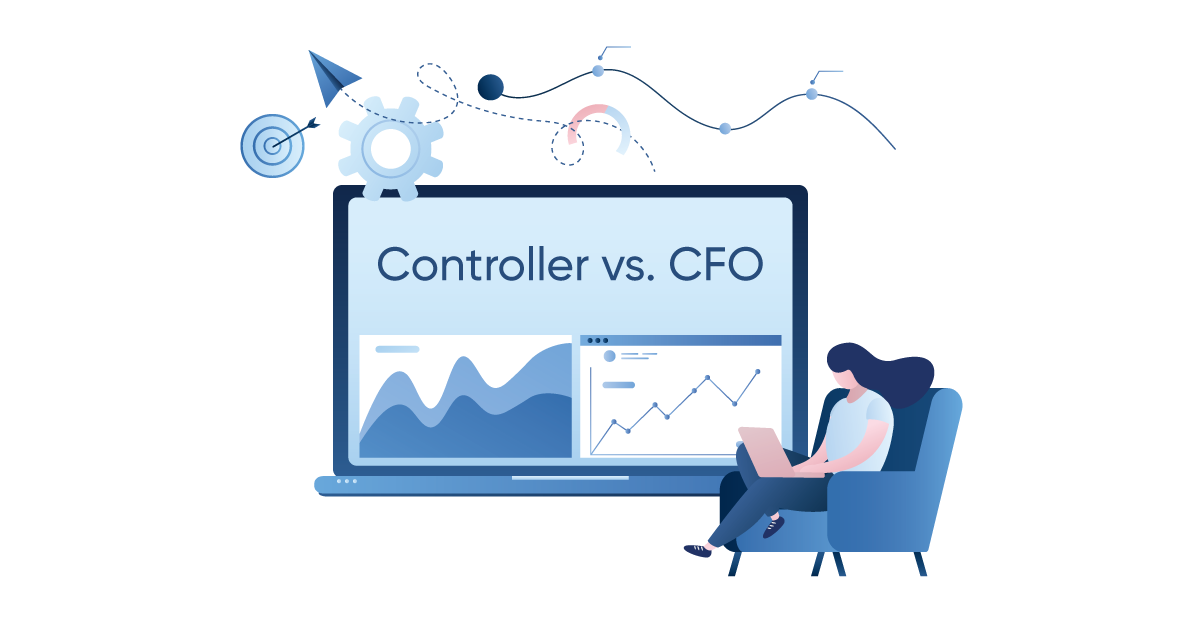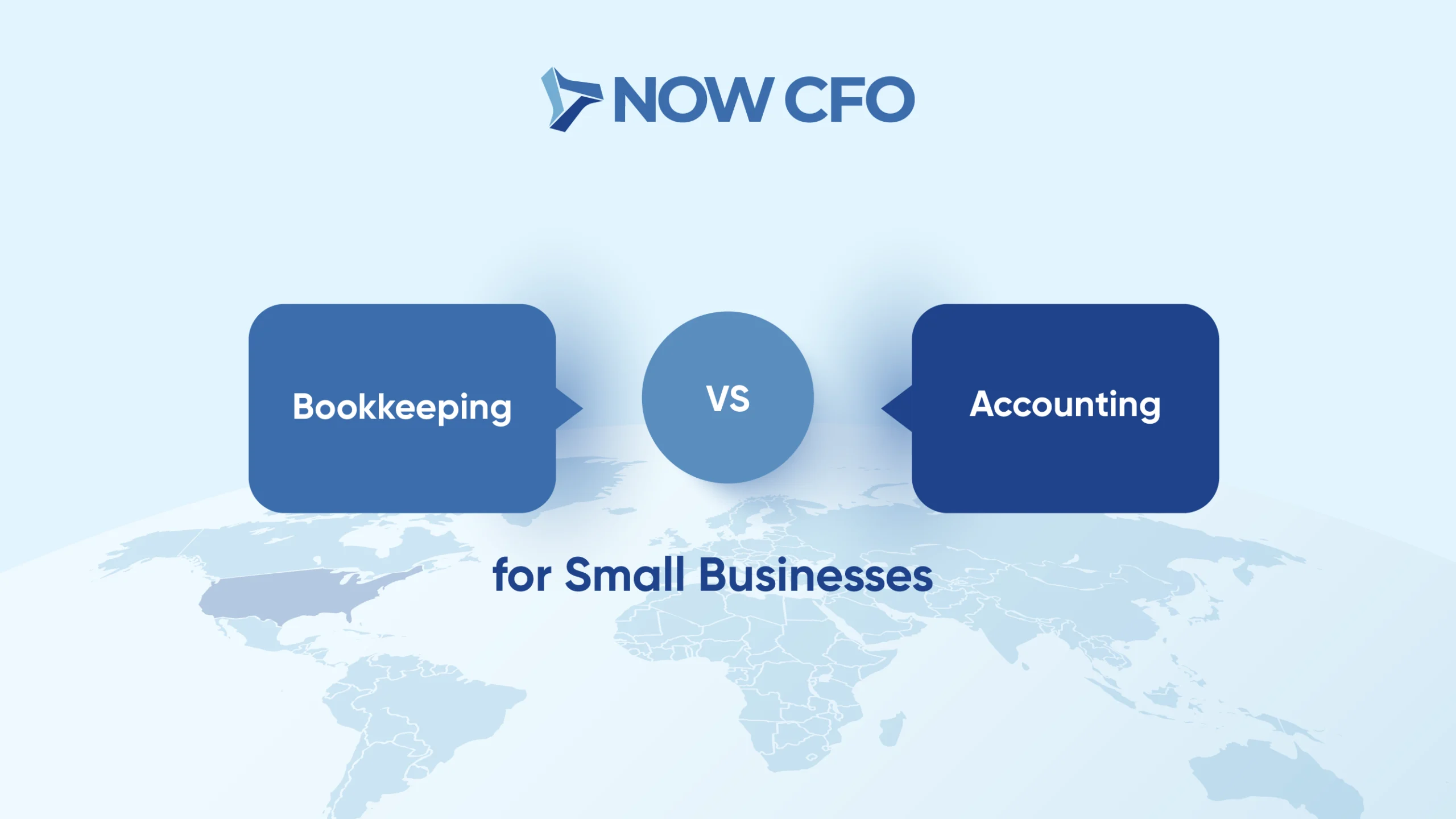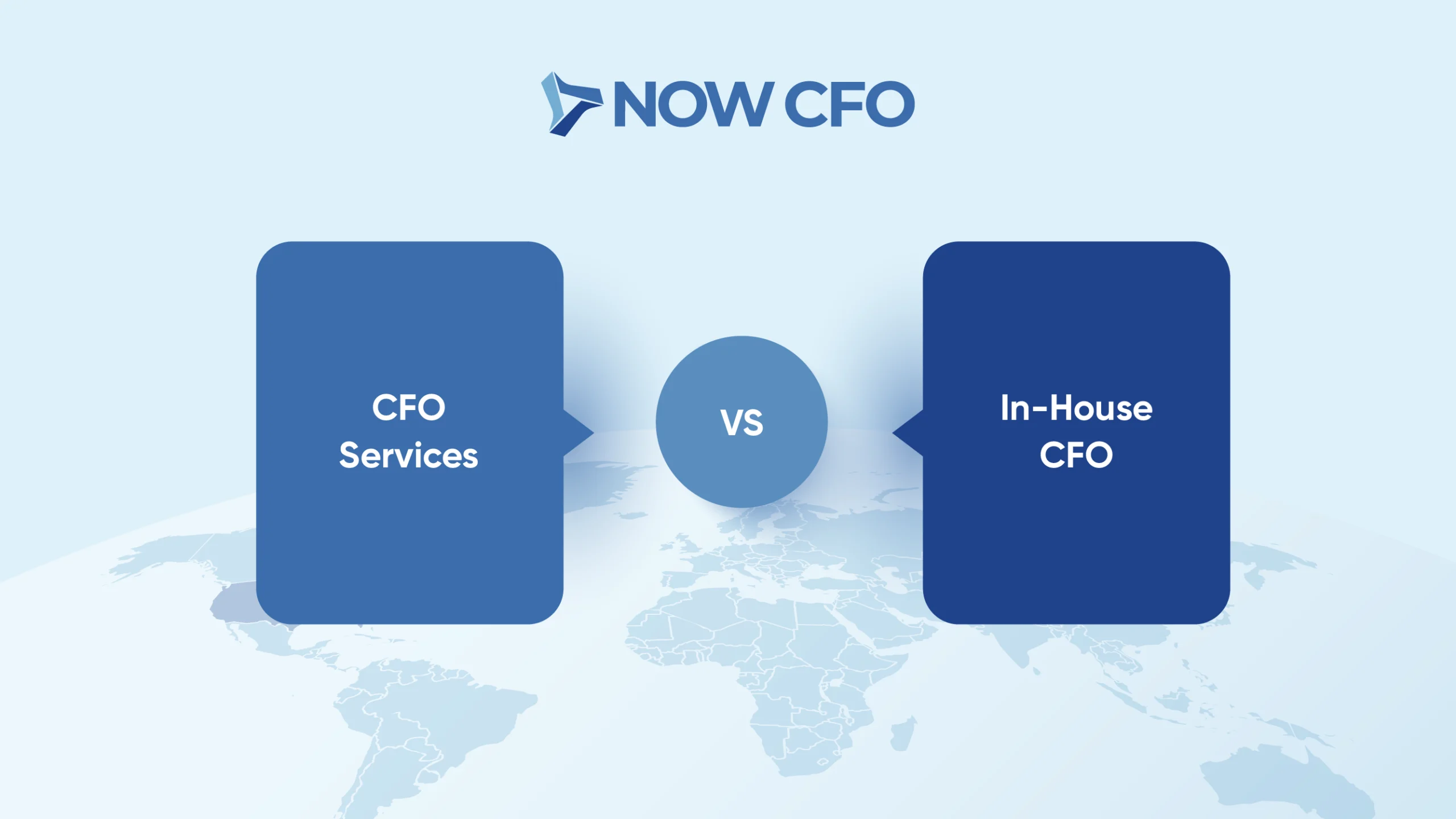
In the complex world of finance, businesses often face critical decisions when it comes to structuring their financial leadership. Two key roles that frequently come into play are the Controller and the Chief Financial Officer (CFO). While both positions are vital for sound financial management, understanding their differences and assessing your business’s specific needs is crucial to making informed choices.
The Controller: A Steward of Financial Processes
Controllers serve as the financial gatekeepers of an organization. They focus on maintaining accurate and compliant financial records, ensuring that the day-to-day financial operations run smoothly. Here are some key responsibilities of a Controller:
Financial Reporting and Compliance:
- Controllers are responsible for overseeing financial reporting and ensuring that the company adheres to all relevant regulations and accounting standards.
- They produce monthly, quarterly, and annual financial statements, giving stakeholders a clear picture of the company’s financial health.
Transactional Oversight:
- Controllers oversee accounting processes such as accounts payable, accounts receivable, payroll, and general ledger maintenance.
- They make certain that financial transactions are accurately recorded, classified, and reconciled.
Budgeting and Forecasting:
- Controllers often play a role in budget preparation and financial forecasting, helping the company set financial goals and monitor performance against them.
Internal Control:
- They establish and maintain internal controls to prevent financial fraud and errors.
- Controllers perform internal audits to ensure compliance and identify areas for improvement.
The CFO: A Strategic Financial Leader
Chief Financial Officers (CFOs), on the other hand, are strategic leaders who look beyond the day-to-day finances. They play a pivotal role in shaping a company’s financial strategy and its overall direction. Here are some key responsibilities of a CFO:
Financial Strategy:
- CFOs are responsible for crafting and executing the company’s financial strategy, aligning it with broader business goals.
- They assess financial risks and opportunities, guiding the company toward profitable decisions.
Capital Management:
- CFOs manage the company’s capital structure, making decisions about debt, equity, and investments.
- They evaluate the financial implications of major decisions, such as mergers and acquisitions.
Financial Forecasting:
- CFOs provide financial forecasts that help the company plan for the future.
- They use financial modeling and analysis to anticipate trends and opportunities.
Stakeholder Relations:
- CFOs often serve as a bridge between the finance department and the executive team, board of directors, and investors. They communicate financial performance and strategy to external stakeholders.
Does Your Business Need Both?
The question of whether your business needs both a Controller and a CFO depends on its size, complexity, and growth stage. Let’s explore different scenarios to help you make an informed decision:
Small Businesses and Startups:
- Controller: In the initial stages, small businesses may not require a full-time CFO. A Controller can manage day-to-day financial operations, ensuring accurate accounting and compliance.
- CFO: As the business grows and its financial complexity increases, it may be beneficial to bring in a part-time or interim CFO. This strategic expert can help the company navigate expansion, secure funding, and develop a long-term financial roadmap.
Mid-sized Companies:
- Controller: At this stage, a dedicated Controller is essential to maintain strong financial controls, manage reporting, and ensure compliance.
- CFO: Many mid-sized companies benefit from having a full-time CFO who can provide strategic leadership, optimize financial processes, and help the company achieve its growth objectives.
Large Corporations:
- Controller: Large corporations often have extensive financial operations and may require multiple Controllers overseeing various divisions or regions.
- CFO: A CFO is essential for shaping the corporate financial strategy, managing capital, and representing the company to investors and stakeholders.
Specialized Needs:
- Controller: In some industries or situations, specialized Controllers may be required, such as a Manufacturing Controller or a Healthcare Compliance Controller. These professionals bring industry-specific expertise.
- CFO: Specialized CFOs, such as a Technology CFO or a Restructuring CFO, can provide targeted leadership for businesses facing unique challenges or opportunities.
Flexibility with Outsourcing
The choice between a Controller and a CFO depends on the unique needs and growth stage of your business. It’s essential to assess your organization’s size, complexity, and industry-specific requirements to make the right decision. Moreover, consider the flexibility of partnering with an outsourced Controller or CFO, a dynamic approach that can provide tailored financial expertise without full-time commitment. By carefully considering these factors, you can chart a course toward lasting financial success.














